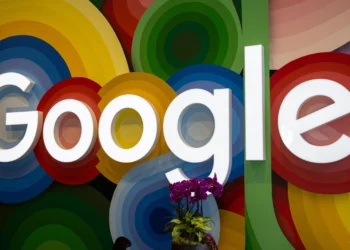FCCPC’s Massive $220M Fine and Meta’s Dramatic Exit Threat
In April 2025, Nigeria’s Federal Competition and Consumer Protection Commission (FCCPC) upheld a staggering $220 million fine against Meta, the parent company of Facebook, Instagram, and WhatsApp for violating data protection and consumer rights. The Commission held Meta responsible for refusing Nigerians control over their personal data, enabling unauthorized data transfers, applying discriminatory policies across jurisdictions, and misusing its dominant market position. The tribunal bolstered this ruling by reaffirming Meta’s liability under Nigeria’s laws.
Meta responded with a pointed warning: it threatened to withdraw Facebook and Instagram from the Nigerian market, calling the demands “unrealistic” and signaling potential service shutdowns to avoid enforcement.
Two Months Later: Still Full Access for Nigerians
The FCCPC mandated Meta to pay the fine plus $35,000 in investigation costs by June 2025. The high court also directed Meta to restore data control rights to Nigerian users by early July.
But two months past the deadline, Nigerians still access Facebook, Instagram, and WhatsApp without interruption. Meta hasn’t confirmed payment nor officially commented on further legal steps. Meanwhile, the FCCPC remains silent, stating only that it will issue a public update when ready.
What Happens Next: Enforcement or Empty Threat?
Meta’s silence raises questions: Did it pay quietly? Is it appealing? Industry observers suspect it may be taking a page from its global playbook delaying enforcement by appealing, as it did in Europe and the U.S.
The FCCPC has sent a clear message: exiting the country won’t absolve Meta of responsibility. Yet the regulator hasn’t outlined contingency enforcement measures such as pursuing legal injunctions or urging tech restrictions via the Nigerian government.
Ripple Effects Across Nigeria’s Digital Economy
An abrupt exit by Meta could disrupt millions of micro, small, and medium-sized enterprises (MSMEs) that rely on Facebook and Instagram for commerce, marketing, and customer engagement. Analysts estimate such an exit could devastate over 20 million MSMEs.
Yet, Meta has historically backed down from similar threats elsewhere suggesting the exit warning may have been strategic theater to sway public sentiment or regulatory flexibility.
Final Thoughts: Tension Simmers, Platforms Still Serve
Meta’s defiance underscores the complex dynamics between global tech giants and national regulators. Nigerians continue to use these platforms seemingly uninterrupted. The situation now hinges on whether Meta will formally comply, appeal, or attempt quiet negotiation and whether the FCCPC will switch from warning to enforcement.
Nigeria stands at a crossroads: will its digital regulators flex enforcement muscle, or risk being outmaneuvered? Meta’s next move or silence could answer that very question.




